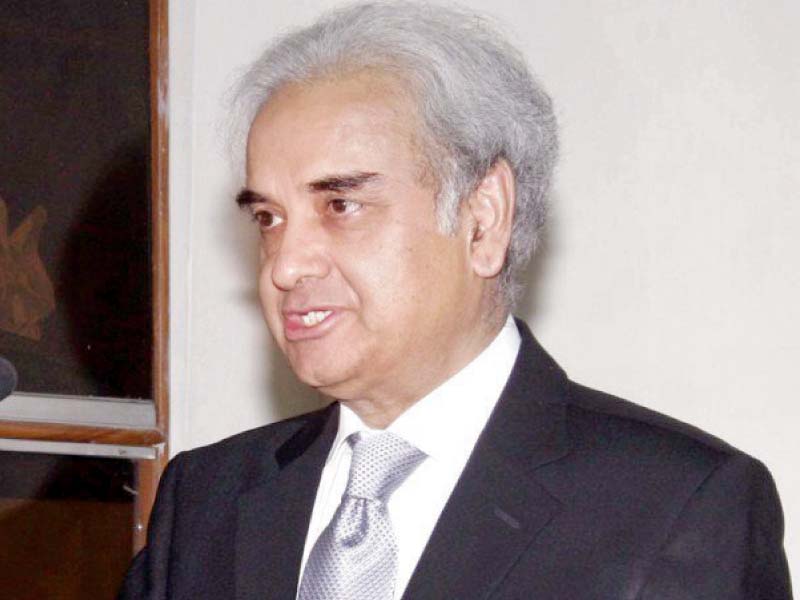
Heading the Supreme Court’s 17-judge full bench, Chief Justice Nasirul Mulk said in the previous procedure of judges’ appointment, the president and governor had very effective role.
“But in present system, the role of the executive is minimised and the president is bound to approve the recommendations regarding the appointment of superior courts judges,” he said. “In the present system, the judiciary has greater role in the appointment process,” he added.
Talking with reference to formation of the Parliamentary Committee on Judges Appointments, Justice Asif Saeed Khosa observed that along with independence of judiciary, impartiality of judiciary is also crucial.
“Unfortunately, allegations were levelled over the partiality of judiciary in the past; therefore, the committee was constituted that is represented by the government and opposition parties,” he said.
Justice Ejaz Afzal Khan said the theory of check and balance has been applied in the present system of judges’ appointment. However, Justice Azmat Saeed Sheikh observed that giving a blank cheque to parliament in the appointment of judges would be a suicide.
Talking with reference to the questions of parliament’s power to amend the Constitution, the CJP addressed the counsel for bar associations, Hamid Khan, and remarked: “Suppose we uphold your view that the constituent assembly can change the basic features of Constitution then we have to see what are the basic features [of our Constitution], as in India there are 27 basic features.”
If it is assumed that there is a basic structure of Constitution then under what provisions could it be amended?, he asked
Justice Saqib inquired if there is anything in the oath of parliamentarians, debarring them from changing the basic features of the Constitution.
Published in The Express Tribune, May 7th, 2015.




1732538123-0/BeFunky-collage-(90)1732538123-0-165x106.webp)

1732530440-5/Copy-of-Untitled-(85)1732530440-5-270x192.webp)



1732534225-0/Express-Tribune-(13)1732534225-0-270x192.webp)






COMMENTS
Comments are moderated and generally will be posted if they are on-topic and not abusive.
For more information, please see our Comments FAQ